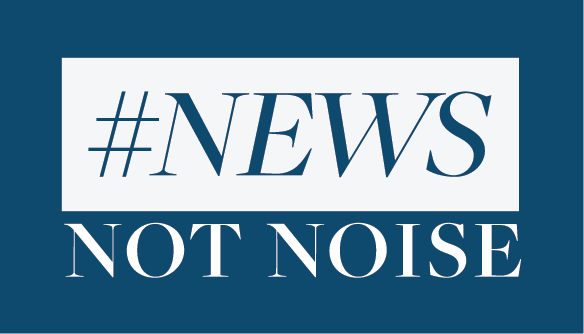President Joe Biden on Wednesday announced his sweeping $2 trillion infrastructure initiative, the American Jobs Plan, calling it a historic expenditure that will "rebuild the backbone of Amerca."
The spending bill includes:
- $621 billion in transportation infrastructure, including repairing bridges 20,000 highways, roads, and main streets, investing in rail service, modernize public transit
- $111 billion to replace antiquated lead pipes and make drinking water safer
- $174 billion on electric vehicle incentives, including building a network of 500-thousand electric vehicle chargers by 2030
- $213 billion to improve and build affordable housing
- $100 billion to bring broadband to all americans
The bill will also be coupled with a plan to increase the corporate tax rate from 21% to 28%, which the administration says will pay for the bill after 15 years and reduce defecits thereafter.
Democratic leaders applauded the announcement: House Speaker Nancy Pelosi (D-CA) echoed Biden, calling the bill "a visionary, once-in-a-century investment in the American people."
But not all Democrats are happy. Progressive Democrats want the Biden administration to go bigger.
"This is not nearly enough. The important context here is that it’s $2.25 [trillion] spread out over 10 years," Rep. Alexandria Ocasio-Cortez (D-NY) wrote on Twitter. "For context, the COVID package was $1.9T for this year *alone,* with some provisions lasting 2 years."
A number of moderate Democrats, including New York Rep. Tom Suozzi, say they will not support any Biden tax plan that does not reduce the State and Local Tax Deduction (SALT) cap – a limit on state and local tax deductions implemented in former President Donald Trump's 2017 tax plan that they say has unfairly targeted homeowners in New York, New Jersey, and California. Pelosi has signaled a willingness to include a SALT cap repeal in the bill.
Top Republicans have signaled their opposition to the bill. Senate Minority Mitch McConnell (R-KY) said he didn’t support the “massive tax increases” the bill would entail.
"Inside the Trojan horse is going to be more borrowed money and massive tax increases on all the productive parts of our economy," McConnell claimed.
The U.S. Chamber of Commerce also underlined the impact on the federal debt, calling the bill “dangerously misguided.” But not all economists agree, as Sadek Wahba, founder of the infrastructure investment firm I Squared Capital, made clear.
"It’s the first time that I see a comprehensive plan that truly can have a fundamental change in American productivity," Wahba said. "This is really the moment. If we’re not able to do it now, I would be very, very pessimistic about our ability to maintain our productivity over the coming decade."
Both President Biden and Speaker Pelosi have announced they hope to get the bill to a vote in the House by July 4.
If it passes, Senate Majority Leader Chuck Schumer (D-NY) has indicated he plans to move it to a Senate vote utilizing the budget reconciliation process, the same means by which they passed Biden's $1.9 trillion COVID-19 relief bill, which would require only a simple majority vote.
That requires the support of every Democrat to get it out of the Senate and as of today, that is not assured.




